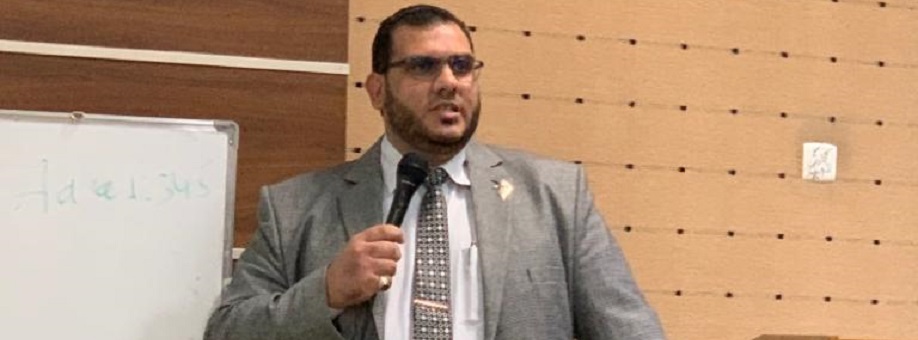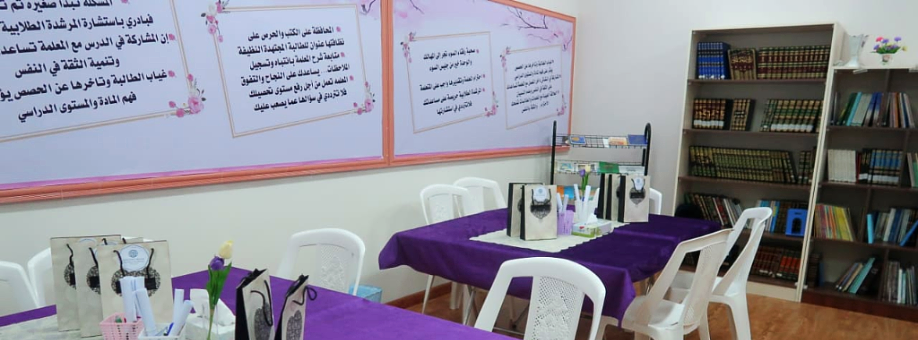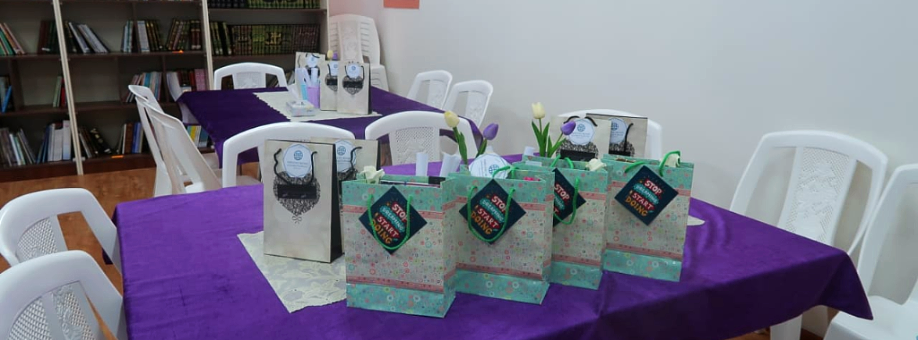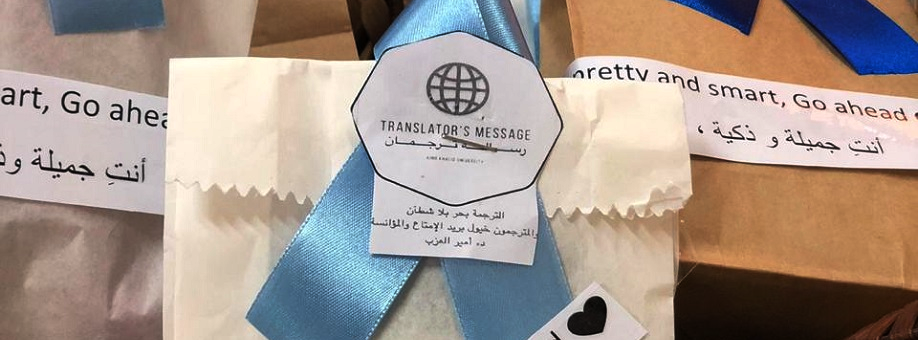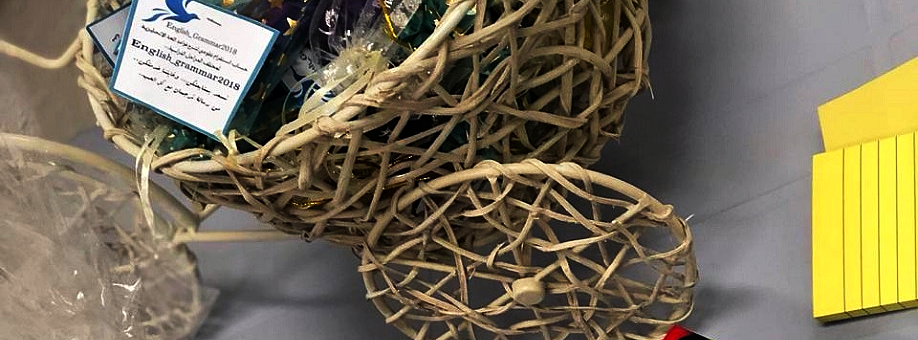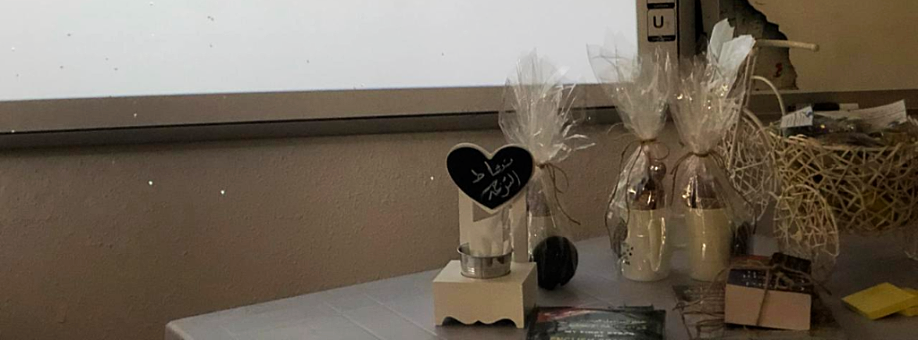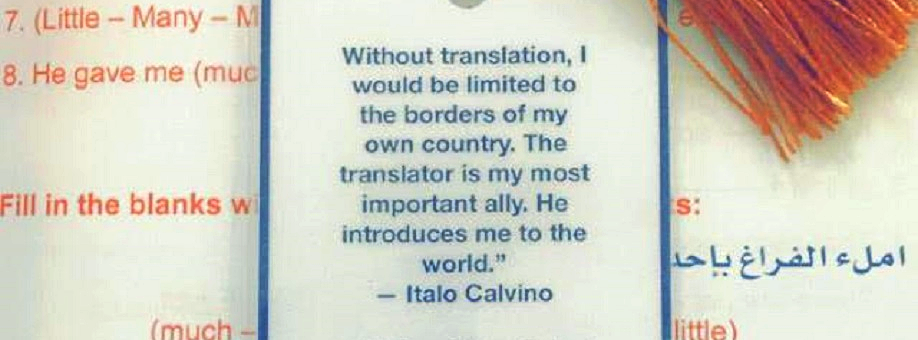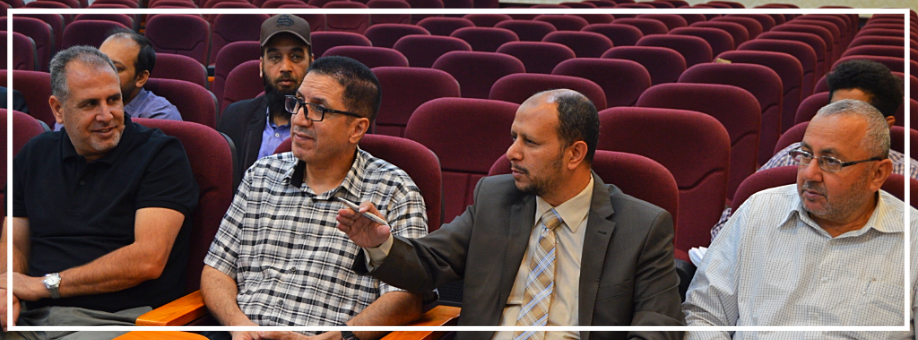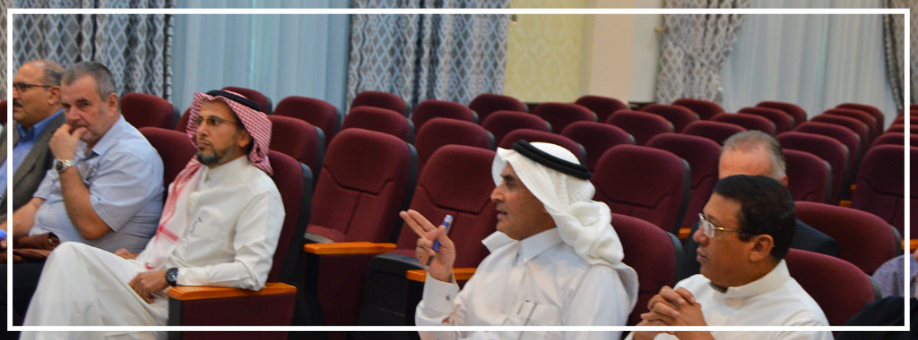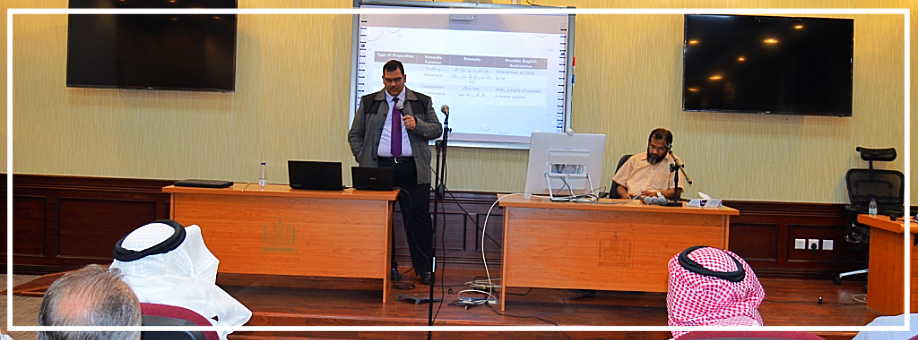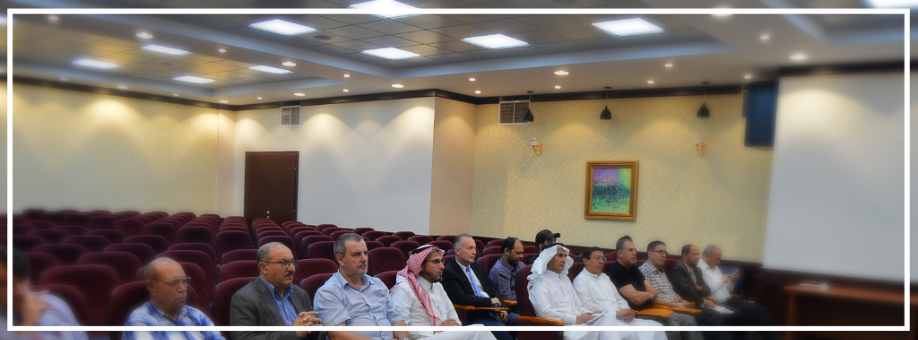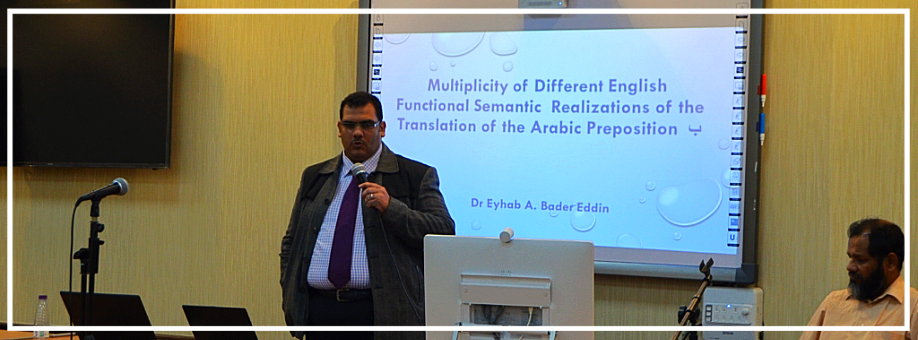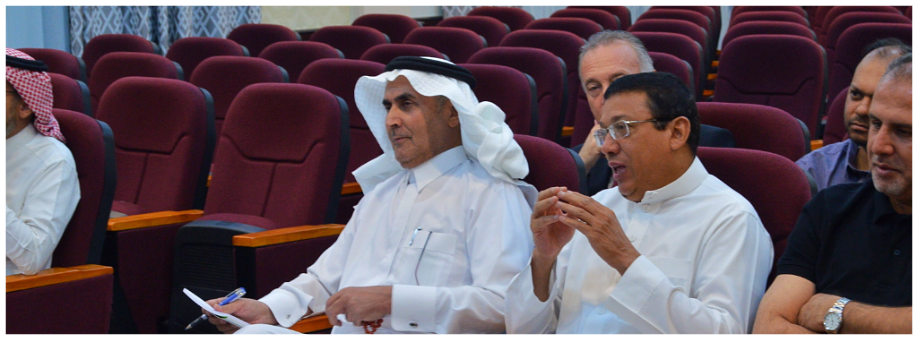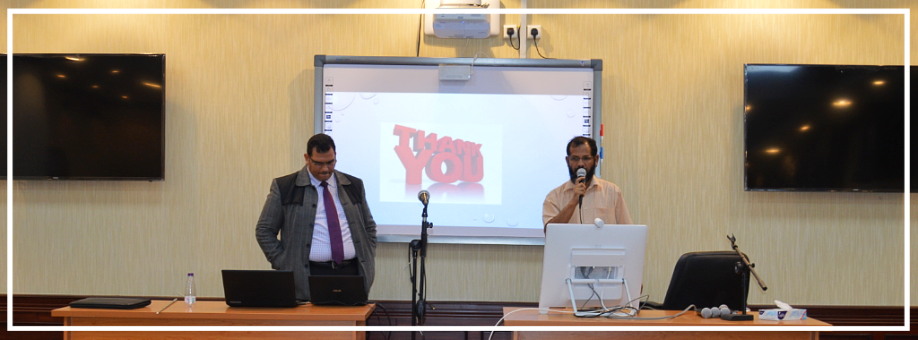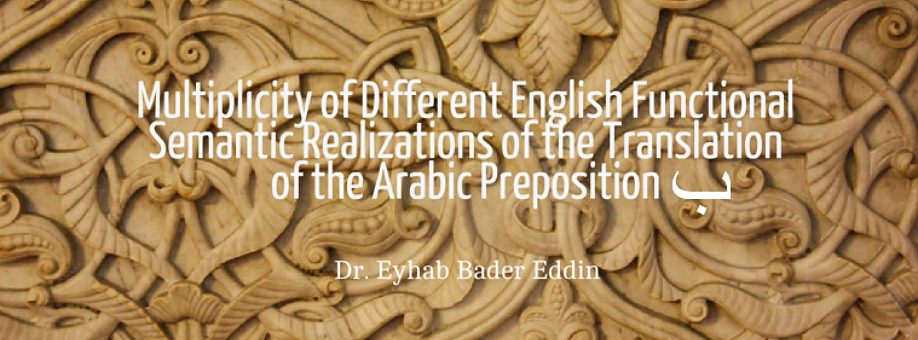FLT Delivers Brief Translation on the Arabian Highland Development Strategy in 7 Languages
As part of the Bachelor of Arts in English program's Community Service Partnership Plan under the supervision of Dean Abdullah Al-Melhi and in cooperation with the university Media Center, a portion of the Arabian Highland Theme in the Aseer Region Strategic Plan, supervised by the Aseer Development Authority (ASDA), was translated into seven languages. The short videos were widely distributed on YouTube and Twitter and made viewers aware that His Royal Highness Prince Mohammed bin Salman bin Abdulaziz Al Saud, Crown Prince, Deputy Prime Minister and Chairman of the Council of Economic and Development Affairs, launched the Arabian Highland development strategy in the Aseer region. In Afrikaans, Bengali, French, Hindi, Pashto, Romanian, and Urdu, the strategy's primary objective of turning the region into an all-year-round world destination through an investment of $50 billion SAR was explained. Dean Abdullah Melhi explained that this community service activity delivered in October 2021 is part of the Bachelor of Arts in English program at the Faculty of Languages and Translation's commitment to serving the community in the fields of languages and translation.
Of note, the Community Service Partnership Plan (CSPP) and Employer Advisory Board (EAB) were recently revised and approved in a Department Council meeting on November 2, 2021. The new CSPP calls for increased alignment with: the Mission Statement and the recently revised and approved EAB. It also references the Aseer Development Authority and Vision 2030 as the basis for broadening the scope of our community service partnership activities.
Particular thanks are due to our Bachelor of Arts in English program colleagues who provided accurate translations of information designed to instruct residents on the Aseer Strategic Plan. The translations were made available in the following languages:
Afrikaans, Mr. Azaad Hayat;
Bangla, Mr. Mohammad Fuad;
French, Dr. Abdelhamid Bessaid;
Hindi, Mr. Javed Ahmed;
Pashto, Mr. Salahud Din Abdul Rab;
Romanian, Dr. Justin Sfariac;
Urdu, Mr. Mohsin Khan.
Date: 11/6/2021
Source: Faculty of Languages and Translation
English

